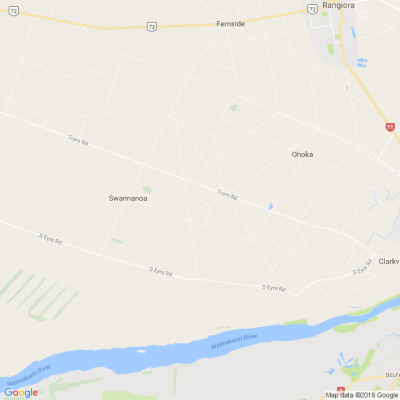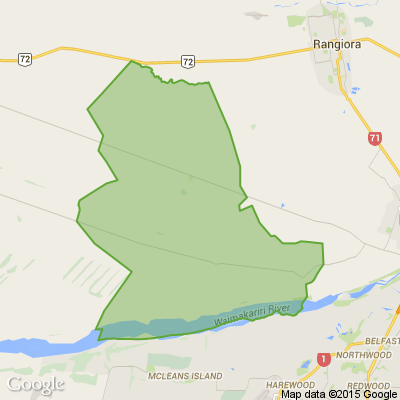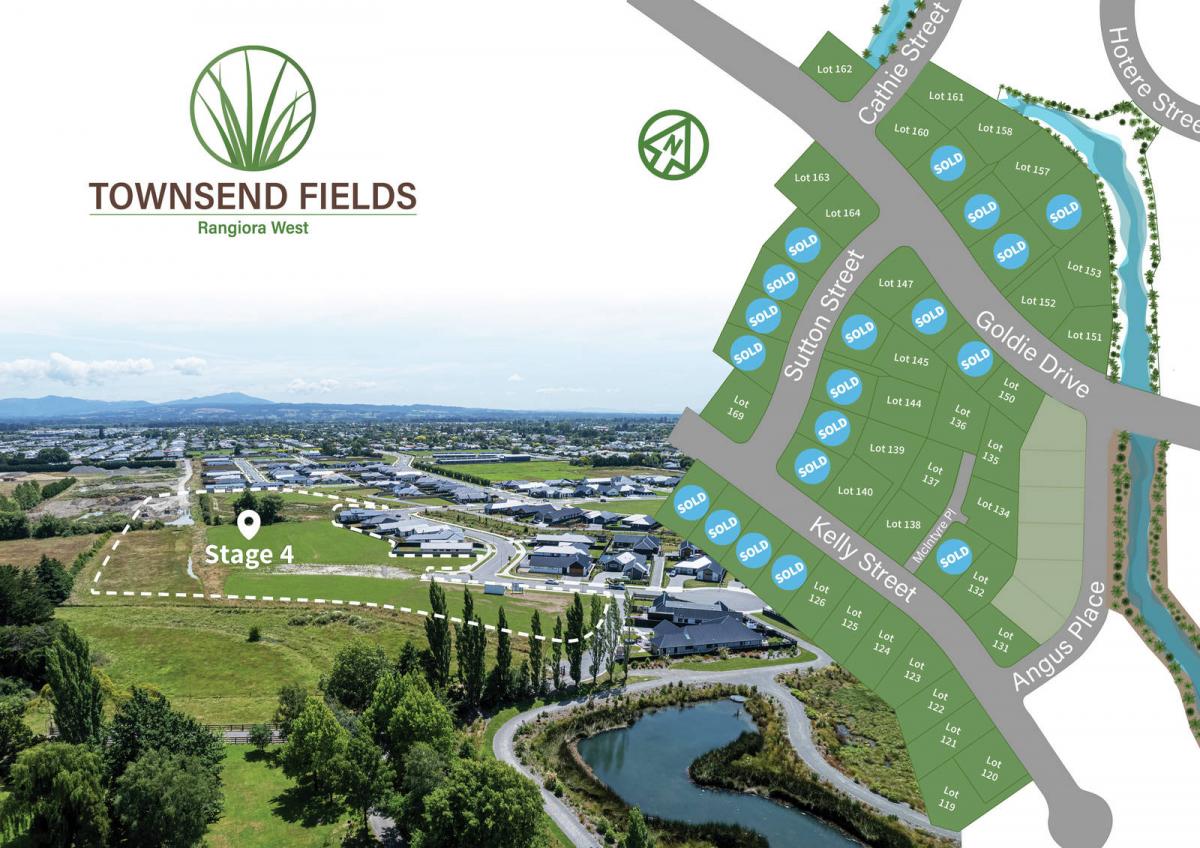New history curriculum brings benefits
By David Hill, Local Democracy Reporter
Rangiora High School is leading the way in adopting the new history curriculum.
The Aotearoa New Zealand history curriculum was introduced in term one this year, but Rangiora High School began implementing some of the new curriculum last year in collaboration with its partner Pūketeraki Kahui Ako (community of learning) schools.
"It was launched as a document last year and we started working around it late last year, and we have implemented more of it this year," social sciences leader of learning Rebecca Sweney-McKee said.
"We were the first off the rack for years 1 to 10 and we are leading the way."
Schools have until 2026 to fully embed the new curriculum, which is integrated into social studies for years 1 to 10, while the NCEA Level 1, 2 and 3 history curriculum has also been refreshed.
Sweney-McKee said the benefit of working collaboratively across the Kahui Ako meant there was some consistency in learning across the schools.
The Pūketeraki Kahui Ako schools were now teaching the background to the signing of Te Tiriti o Waitangi in years 7 and 8, meaning the focus at high school could move on to "what happened next".
She said the new Aotearoa New Zealand history curriculum was not all about Māori history.
"But Māori history is given more of a focus and an equal status."
Rangiora High School’s year 9 and 10 students were learning about topics such as the New Zealand Land Wars, the Waitangi Tribunal, Bastion Point, the Dawn Raids, the 1981 Springbok tour, the nuclear free movement and the recent Ihumātao land settlement.
"And in a few years time we might be looking at things like Covid."
While it was mostly New Zealand history, there was plenty of scope for some international context.
"The year 10s have been doing social action for human rights looking at Rosa Parks and the bus boycotts alongside Bastion Point.
"And you can’t look at the Springbok tour without the context of what was happening in South Africa."
With the focus on climate change, the year 9s were learning about social action for the environment, looking at degradation in general and from a Māori kaitiakitanga perspective.
Sweney-McKee said the school was rebuilding its social science curriculum, with good support for its NCEA history classes.
"It is becoming more relevant and for people considering law degrees, it is going to set students up with a really good foundational understanding of our history and the development of human rights.
"If you can understand how people form their views and why they have them, you can function better in society."

2025: The Year of Puzzling It Out!
There’s a one-story house where everything is yellow.
The walls are yellow, the doors are yellow, and even the furniture is yellow.
What colour are the stairs?
Do you think you know the answer to our daily riddle? Don't spoil it for your neighbours! Simply 'Like' this post and we'll post the answer in the comments below at 2pm.
Want to stop seeing riddles in your newsfeed?
Head here and hover on the Following button on the top right of the page (and it will show Unfollow) and then click it. If it is giving you the option to Follow, then you've successfully unfollowed the Riddles page.

Out with the Old, In with the Confusing!
I have hands but can’t clap.
What am I?
Do you think you know the answer to our daily riddle? Don't spoil it for your neighbours! Simply 'Like' this post and we'll post the answer in the comments below at 2pm.
Want to stop seeing riddles in your newsfeed?
Head here and hover on the Following button on the top right of the page (and it will show Unfollow) and then click it. If it is giving you the option to Follow, then you've successfully unfollowed the Riddles page.

Share your summer photos! 📷
Taken some beautiful snaps lately? Whether it's rainbows, sunsets or a beautiful summer's day, we'd love you to share the joy with us.
Share a photo in the comments below








 Loading…
Loading…








